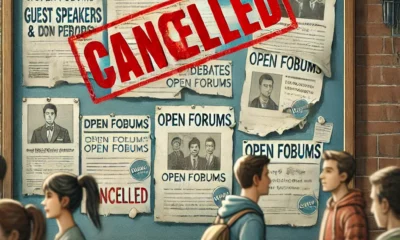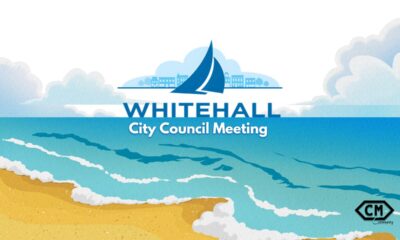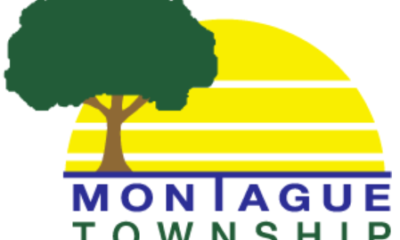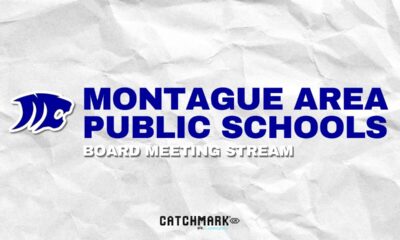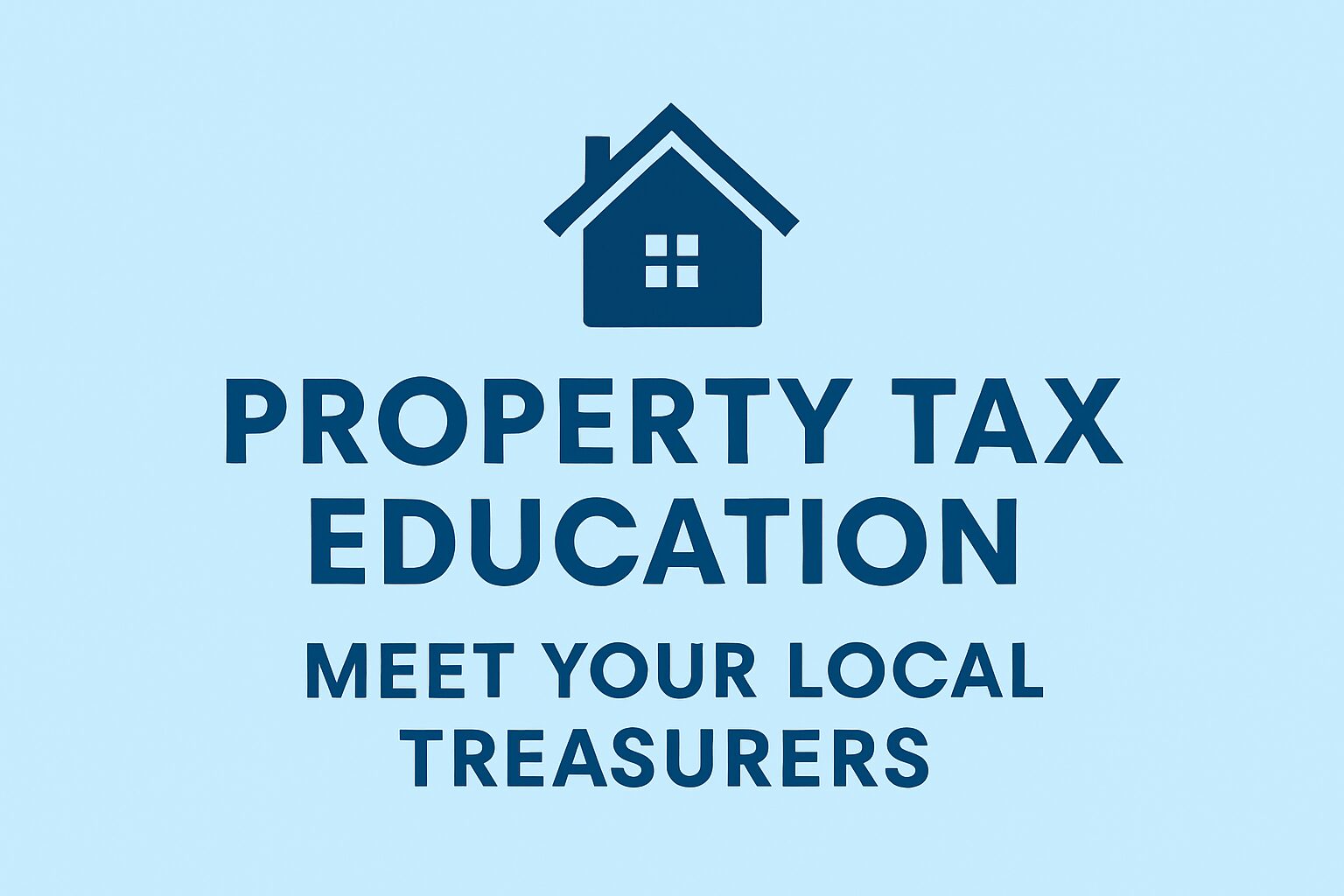
Whitehall, MI — On a sunny afternoon in Whitehall, community members gathered for the city’s first-ever Property Tax Education Event, an initiative designed to bring clarity to a topic that many residents find confusing or even overwhelming: property taxes.
Hosted at City Hall, the event was organized by City of Whitehall Treasurer Alyssa Seaver and Deputy Finance Officer Brooke Schiller, who were joined by representatives from neighboring municipalities and Muskegon County offices. Among those present were:
- Melissa Beegle, City Treasurer, City of Montague
- Shirley Wyatt, Muskegon County Equalization
- Madge Kraii, Treasurer, Whitehall Township
- Kelli Navarro and Justin George, Muskegon County Equalization
“Our goal was to make property taxes feel less intimidating,” said Seaver. “We regularly hear from residents who are confused about where their tax dollars go or why their bill changed. This event was about making the process more transparent and accessible.”
What Residents Learned
The session served as a crash course in local property tax essentials:
- Assessment Notices: These are mailed each February and show your property’s assessed, taxable, and state equalized values, along with homestead status.
- Tax Bills & Millages: Issued in July and December, these bills outline what you owe and how your dollars are distributed—often to schools, municipalities, and voter-approved initiatives.
- Board of Review: Held annually in March, this is when residents can challenge their property value using comparable sales, appraisals, or other documentation.
- Exemptions & Deferments: Several programs exist for eligible residents, including poverty exemptions, deferments, and full exemptions for disabled veterans or their surviving spouses.
Schiller used a visual example to explain how millages are applied and how tax bills are calculated, helping attendees better understand what factors affect their total owed.
Homeowner Concerns and Common Misunderstandings
A major focus of the Q&A session involved the sudden increase in property taxes many homeowners experience after purchasing a home. Known as “uncapping,” this process resets the taxable value of a property to match the assessed value after a transfer of ownership—often causing tax bills to rise.
“This catches a lot of people off guard,” said Justin George from Muskegon County Equalization. “People assume their taxes will remain the same as the previous owner’s, but that’s not how Michigan law works.”
Attendees also asked about millage transparency, tax savings for seniors, and how damage or improvements to a home can impact taxable value. Officials emphasized that each situation is unique and encouraged residents to contact their local treasurer or assessor with questions.
Building Better Communication
Throughout the event, one theme was clear: the need for better communication during the home buying process. Officials discussed ways to collaborate with local real estate agents, title companies, and lenders to help educate buyers upfront.
“Even a simple brochure or reminder card at closing could make a big difference,” one attendee suggested. “People need to know to call their city or township office before they’re surprised by their first tax bill.”
The Whitehall team hopes to turn this into an annual event and rotate it among different municipalities across Muskegon County. The goal: ensure that every resident has access to tools and knowledge about how their property taxes work.
Resources and Next Steps
Residents who couldn’t attend are encouraged to reach out to their local treasurer’s office or visit the city or township websites to find additional resources—including sample millage breakdowns, exemption forms, and contact information for tax help.
“We want people to feel confident, not confused,” said Seaver. “And we’re here to help.”
Amy Yonkman is the Product Lead for the CatchMark Community platform, bringing extensive experience in project management, WordPress administration, and digital content creation. She excels at coordinating projects, supporting cross-functional teams, and delivering engaging digital experiences. Amy is skilled in content strategy, workflow optimization, and multimedia editing across web and social platforms. With a strong background in task organization, technical writing, and customer service, she plays a key role in driving the growth and impact of CatchMark’s community-focused digital initiatives.
Must See
-


Opinion
/ 18 hours agoThe Decline of Free Speech in Educational Institutions: A Threat to Open Discourse
The university auditorium was packed but free speech was tabled. A guest speaker, invited...
By Brent Raeth -


Community
/ 24 hours agoCity of Whitehall Council Meeting Recap – June 10, 2025
The City of Whitehall Council met on June 10, 2025, to discuss a range...
By Kara Raeth -


Community
/ 2 days agoSummer Kick-Off Party to Support Whitehall Athletics
Get ready for a night of family fun, games, and community spirit—the 2nd annual...
By Amy Yonkman
